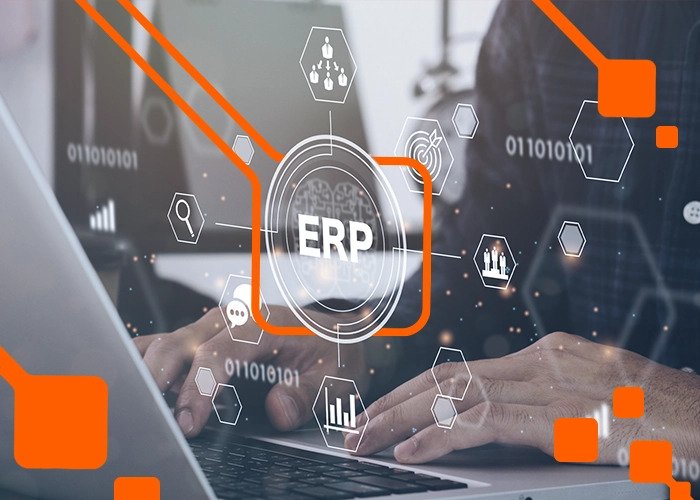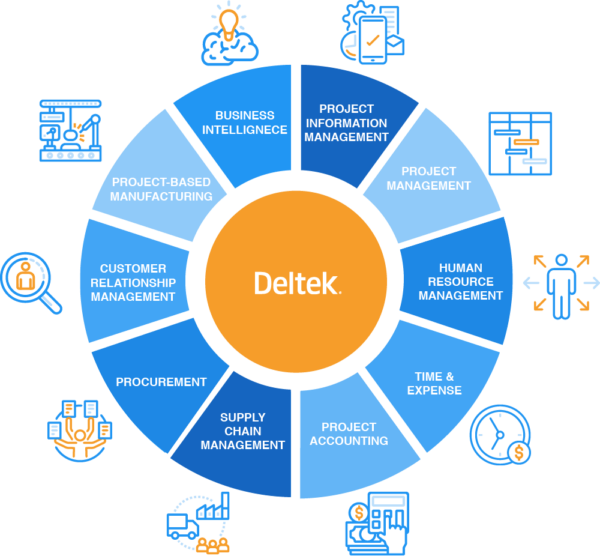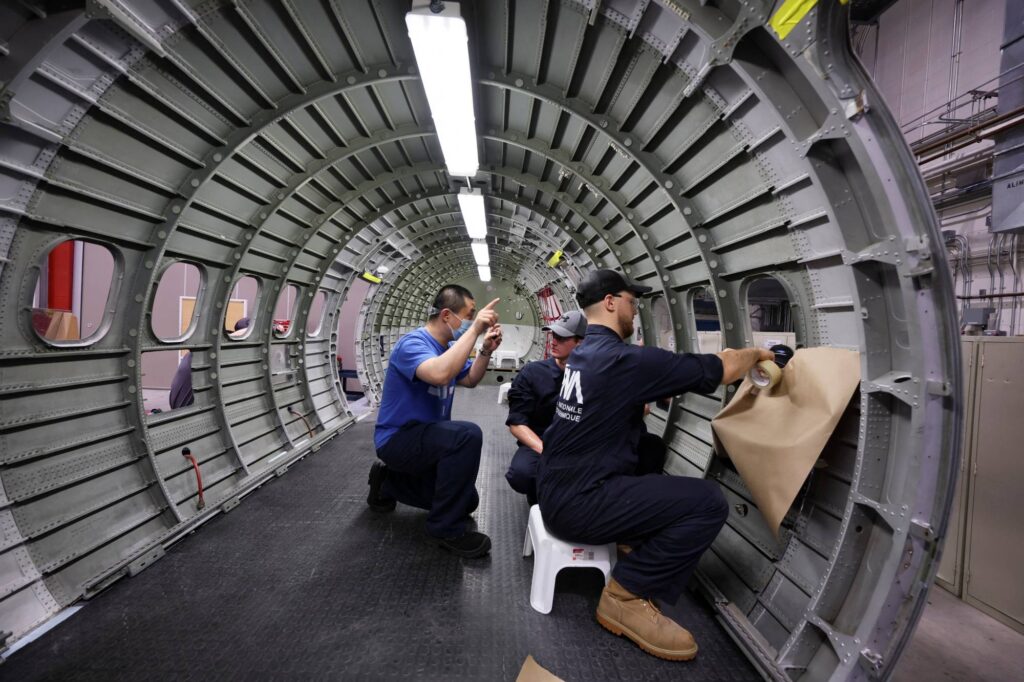
Introduction
In today’s fast-paced and technologically advanced world, the aerospace and defense industries require efficient and streamlined processes to maintain their competitive edge. Enterprise Resource Planning (ERP) systems have emerged as a crucial tool for these industries, enabling them to enhance productivity, optimize operations, and achieve sustainable growth. This article will explore the top 10 benefits of using ERP for aerospace and defense in 2023, highlighting how this technology can revolutionize the way organizations in these sectors function.
Table of Contents
- Introduction
- 1: Enhanced Supply Chain Management
- 2: Improved Project Management
- 3: Enhanced Regulatory Compliance
- 4: Streamlined Financial Management
- 5: Optimal Resource Utilization
- 6: Improved Quality Management
- 7: Enhanced Data Security and Confidentiality
- 8: Improved Collaboration and Communication
- 9: Real-time Analytics and Reporting
- 10: Scalability and Flexibility
- FAQs
- Conclusion
1: Enhanced Supply Chain Management
An ERP system provides aerospace and defense organizations with a comprehensive view of their supply chain, enabling efficient inventory management, procurement, and order fulfillment. By integrating various departments and stakeholders, ERP streamlines the flow of information, reduces lead times, minimizes stockouts, and enhances overall supply chain visibility. With real-time data and analytics, decision-makers can make informed choices and respond swiftly to market demands.

2: Improved Project Management
In the aerospace and defense industries, project management is critical due to the complex nature of operations and the need to adhere to strict timelines. ERP software facilitates effective project planning, scheduling, and resource allocation. Project managers can monitor progress, allocate tasks, and collaborate seamlessly with different teams. By centralizing project-related data and automating workflows, ERP systems enable organizations to deliver projects on time and within budget.
3: Enhanced Regulatory Compliance
Compliance with regulatory standards and industry specific requirements is of paramount importance in the aerospace and defense sectors. ERP systems offer robust features to ensure adherence to various regulations, such as International Traffic in Arms Regulations (ITAR) and Federal Acquisition Regulations (FAR). By providing traceability, documentation, and audit trails, ERP helps organizations navigate the complex compliance landscape while avoiding penalties and reputational damage.
4: Streamlined Financial Management
Financial management is a crucial aspect of any organization, including those in the aerospace and defense sectors. ERP systems integrate financial processes such as accounting, budgeting, and forecasting, providing accurate and real-time financial information. This allows for better cost control, improved cash flow management, and enhanced financial decision-making. With ERP, organizations can gain a holistic view of their financial performance, identify areas for improvement, and drive profitability.
5: Optimal Resource Utilization
In aerospace and defense, efficient resource utilization can make a significant difference in productivity and profitability. ERP software enables organizations to effectively allocate and manage resources, including manpower, machinery, and materials. By optimizing resource utilization, organizations can reduce waste, improve operational efficiency, and maximize output. ERP systems also facilitate predictive maintenance, minimizing downtime and ensuring optimal performance of critical assets.

6: Improved Quality Management
Maintaining high-quality standards is crucial in the aerospace and defense industries to ensure safety and reliability. ERP systems provide robust quality management functionalities, enabling organizations to monitor and control quality throughout the entire product lifecycle. From design and manufacturing to testing and maintenance, ERP streamlines quality processes, tracks non-conformances, and facilitates continuous improvement. This leads to enhanced product quality, customer satisfaction, and brand reputation.
7: Enhanced Data Security and Confidentiality
Data security and confidentiality are paramount concerns in the aerospace and defense sectors, given the sensitive nature of information and intellectual property involved. ERP systems offer robust security features, including access controls, encryption, and data backup mechanisms. By centralizing data and implementing stringent security measures, organizations can safeguard critical information, prevent unauthorized access, and mitigate the risk of data breaches.
8: Improved Collaboration and Communication
Effective collaboration and communication are essential for the success of aerospace and defense organizations. ERP systems provide a centralized platform where employees, suppliers, and partners can collaborate, share information, and work together seamlessly. By breaking down silos and fostering cross-functional collaboration, ERP enhances communication channels, facilitates knowledge sharing, and improves overall organizational productivity.
9: Real-time Analytics and Reporting
In today’s data-driven world, organizations need real-time insights to make informed decisions. ERP systems offer advanced analytics and reporting capabilities, enabling aerospace and defense organizations to analyze data, generate meaningful reports, and gain actionable insights. With customizable dashboards, decision-makers can monitor key performance indicators, identify trends, and proactively address issues. This empowers organizations to make data-driven decisions and drive continuous improvement.

10: Scalability and Flexibility
Aerospace and defense organizations often need to adapt quickly to changing market conditions and customer requirements. ERP systems provide scalability and flexibility, allowing organizations to easily accommodate growth, expand operations, and diversify product offerings. Whether it’s adding new modules, integrating with other systems, or supporting multi-site operations, ERP offers the agility and scalability needed to thrive in a dynamic business environment.
FAQs
FAQ 1: What is ERP, and why is it important for the aerospace and defense sectors?
ERP stands for Enterprise Resource Planning, and it is a software solution that integrates various business functions within an organization. In the aerospace and defense sectors, where efficiency and regulatory compliance are paramount, ERP systems play a crucial role in streamlining operations, enhancing productivity, and ensuring adherence to industry-specific requirements.
FAQ 2: How does ERP improve supply chain management in aerospace and defense?
ERP systems provide real-time visibility into the supply chain, enabling organizations to optimize inventory levels, streamline procurement processes, and minimize lead times. With better supply chain management, aerospace and defense organizations can respond swiftly to customer demands, reduce costs, and enhance overall operational efficiency.
FAQ 3: Can ERP help aerospace and defense organizations meet regulatory requirements?
Yes, ERP systems offer robust features to support regulatory compliance in the aerospace and defense sectors. From ensuring ITAR and FAR compliance to facilitating traceability and documentation, ERP helps organizations navigate the complex regulatory landscape and avoid penalties.
FAQ 4: How can ERP improve project management in aerospace and defense?
ERP systems centralize project-related data, automate workflows, and provide real-time visibility into project progress. This enables effective project planning, resource allocation, and collaboration among teams, ultimately leading to improved project management and on-time delivery.
FAQ 5: What benefits does ERP bring to financial management in aerospace and defense?
ERP integrates financial processes, providing accurate and real-time financial information for better decision-making. It facilitates cost control, budgeting, forecasting, and cash flow management, empowering organizations to drive profitability and financial stability.
FAQ 6: How does ERP enhance data security in the aerospace and defense sectors?
ERP systems offer robust security features, including access controls, encryption, and data backup mechanisms. By centralizing data and implementing stringent security measures, ERP helps aerospace and defense organizations safeguard critical information, prevent unauthorized access, and mitigate the risk of data breaches.

Conclusion
In the fast-paced and competitive aerospace and defense industries, organizations need every advantage to stay ahead. Implementing an ERP system can provide a wide range of benefits, from enhanced supply chain management and project management to improved financial management and quality control. With the top 10 benefits of using ERP for aerospace and defense in 2023, organizations can streamline their operations, drive growth, and achieve sustainable success in an ever-evolving landscape.











